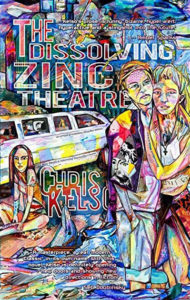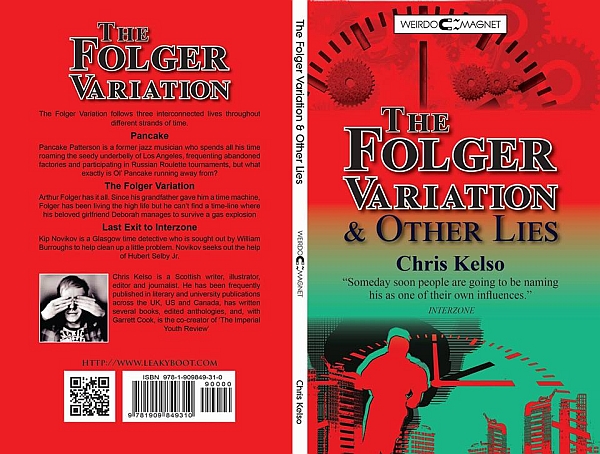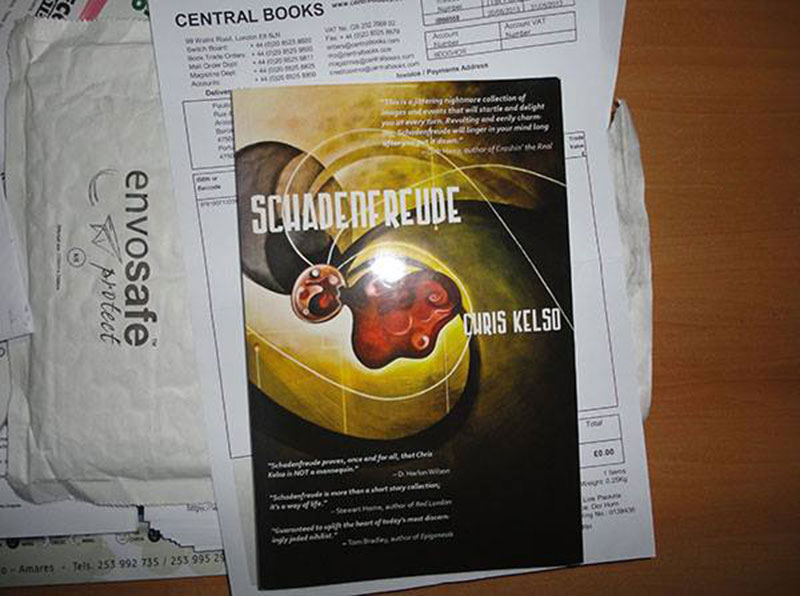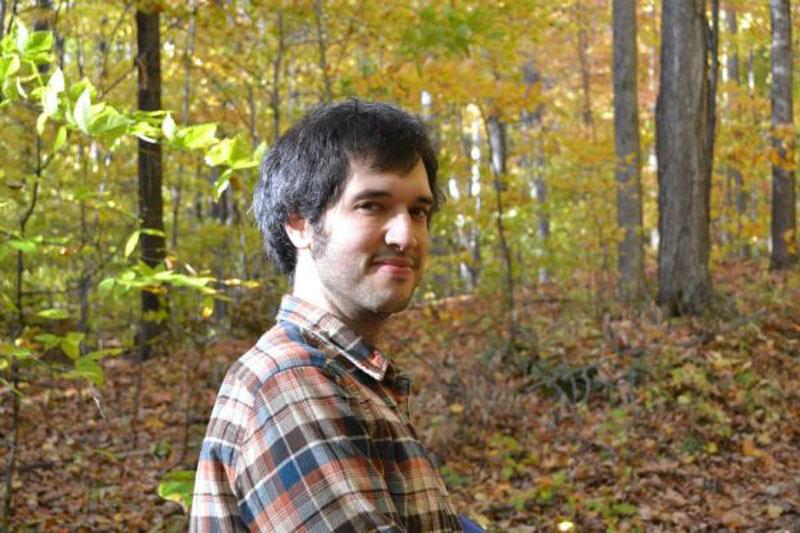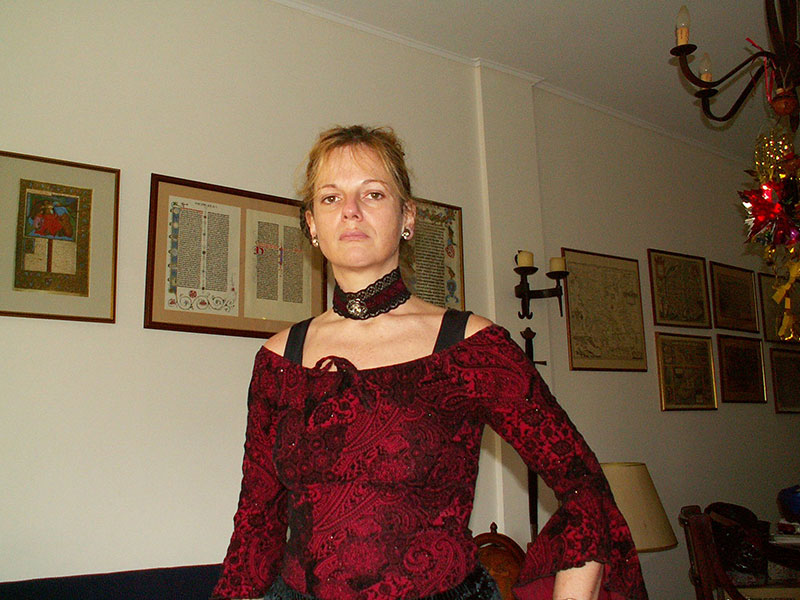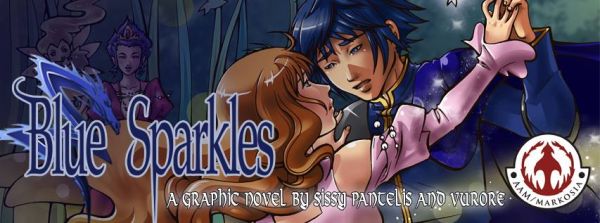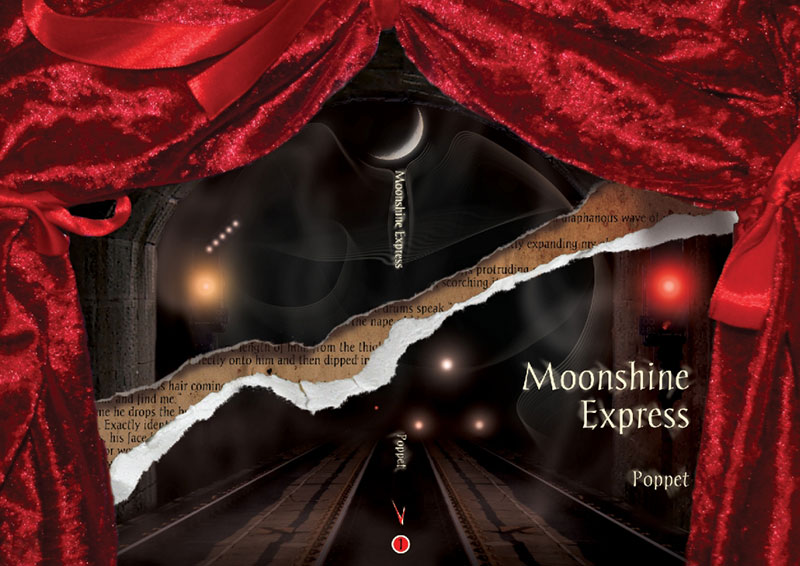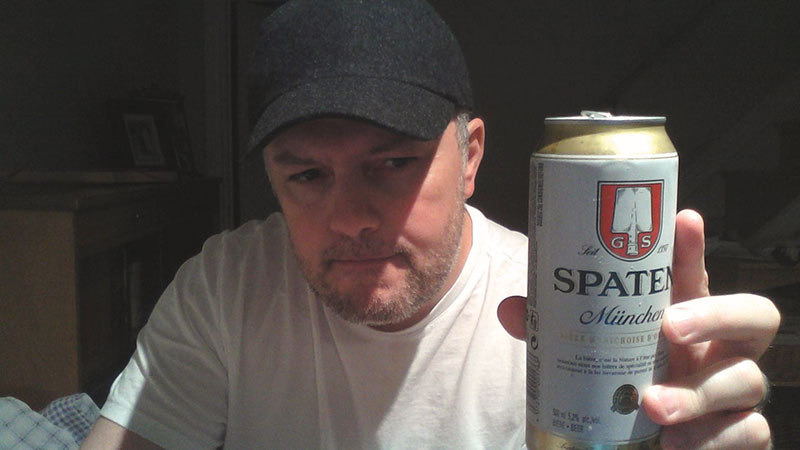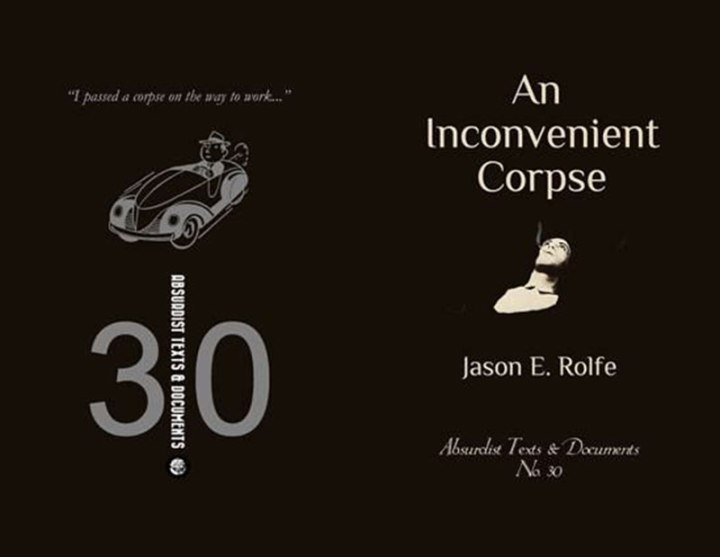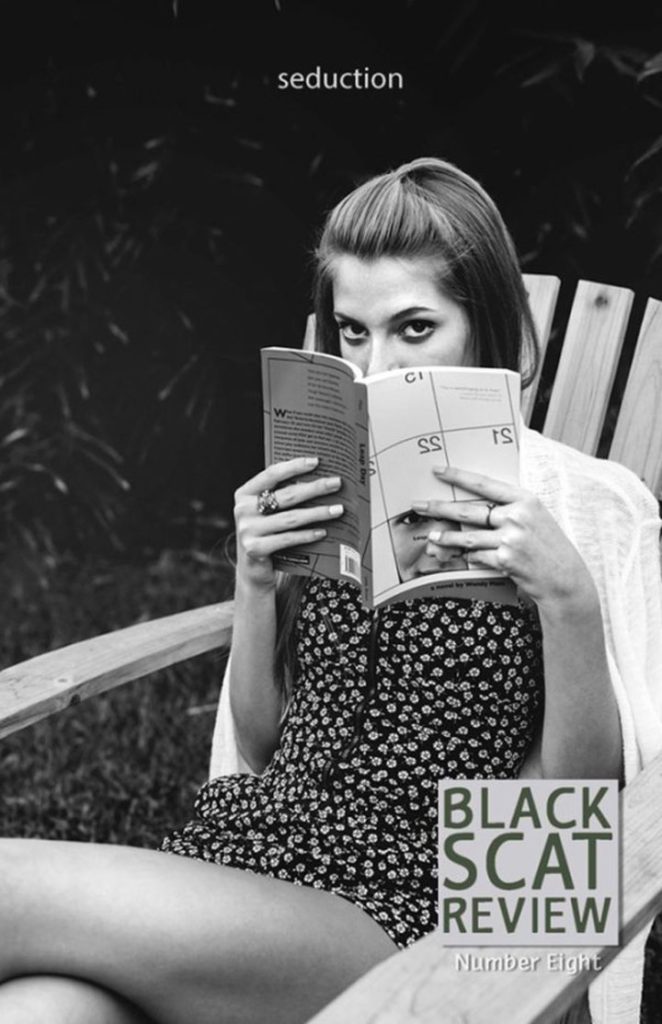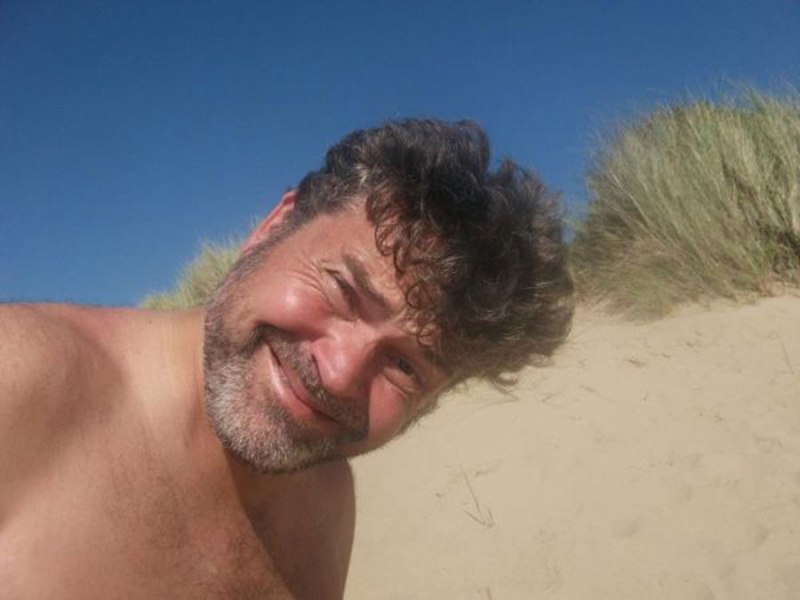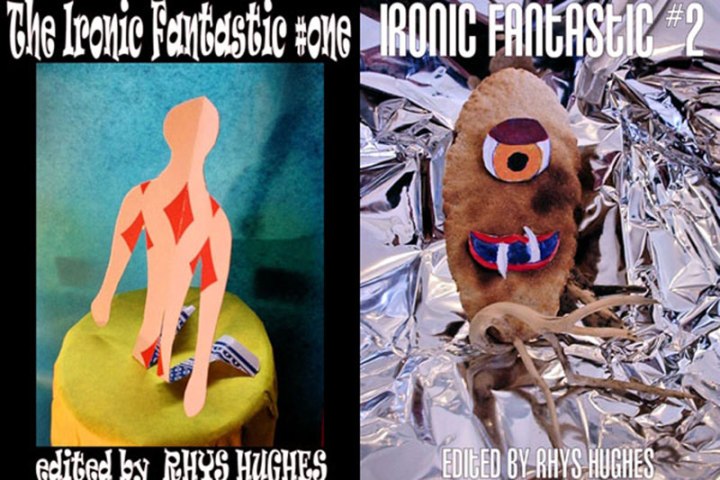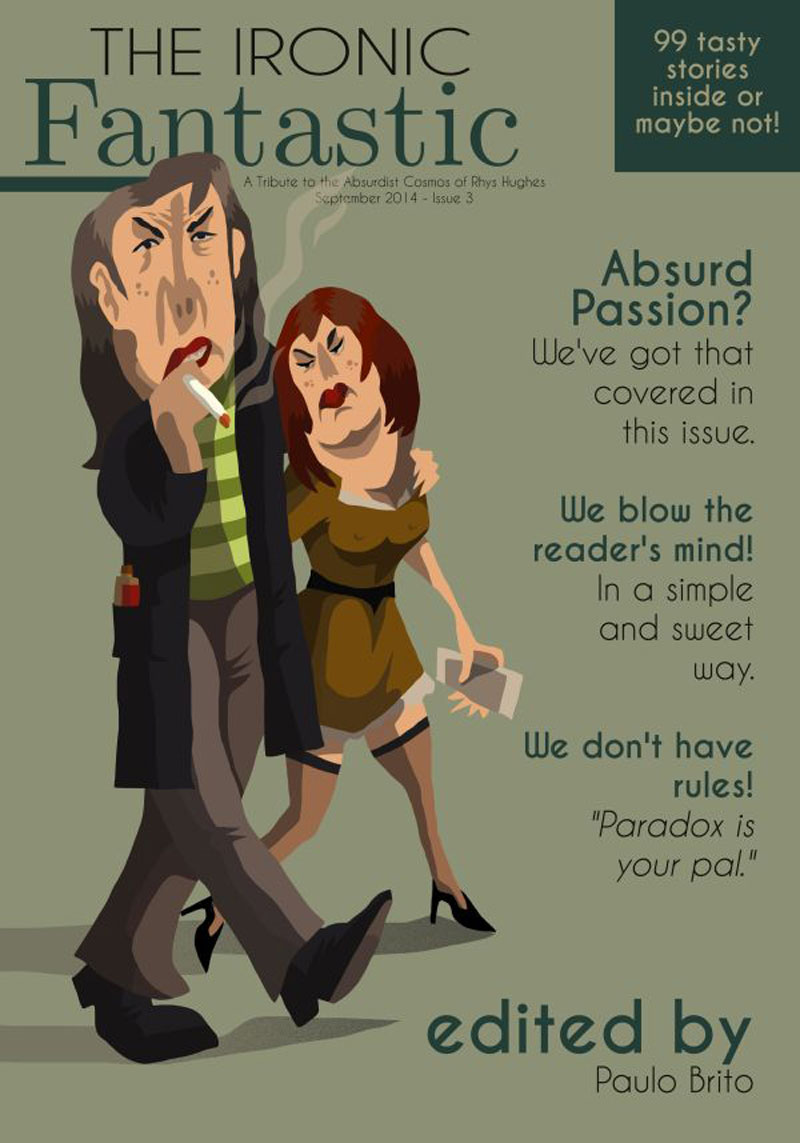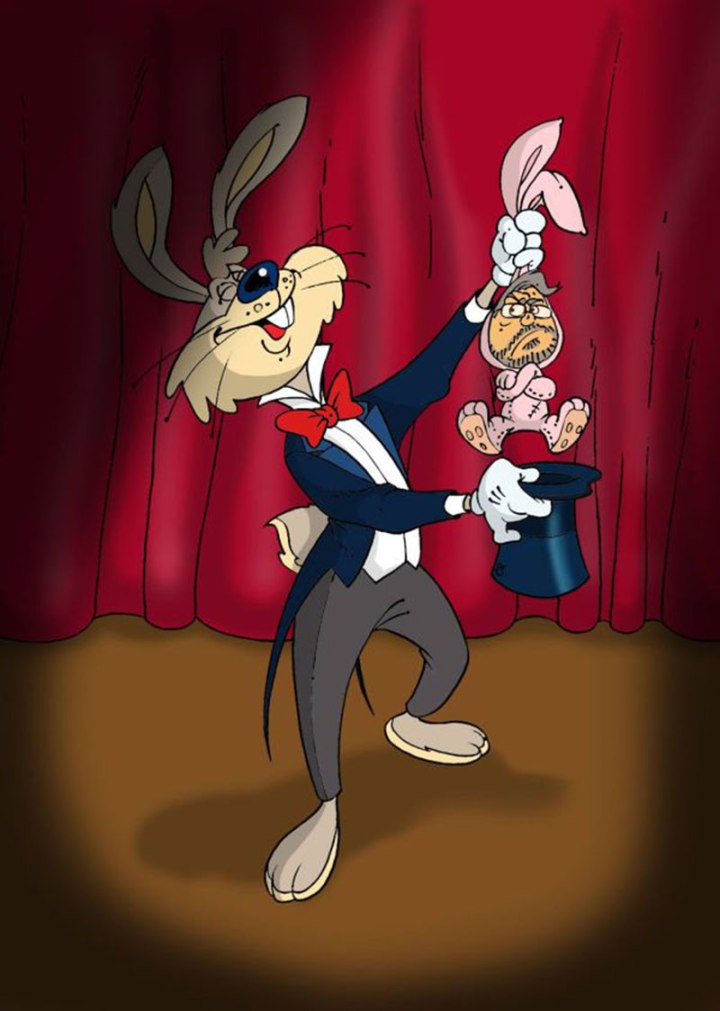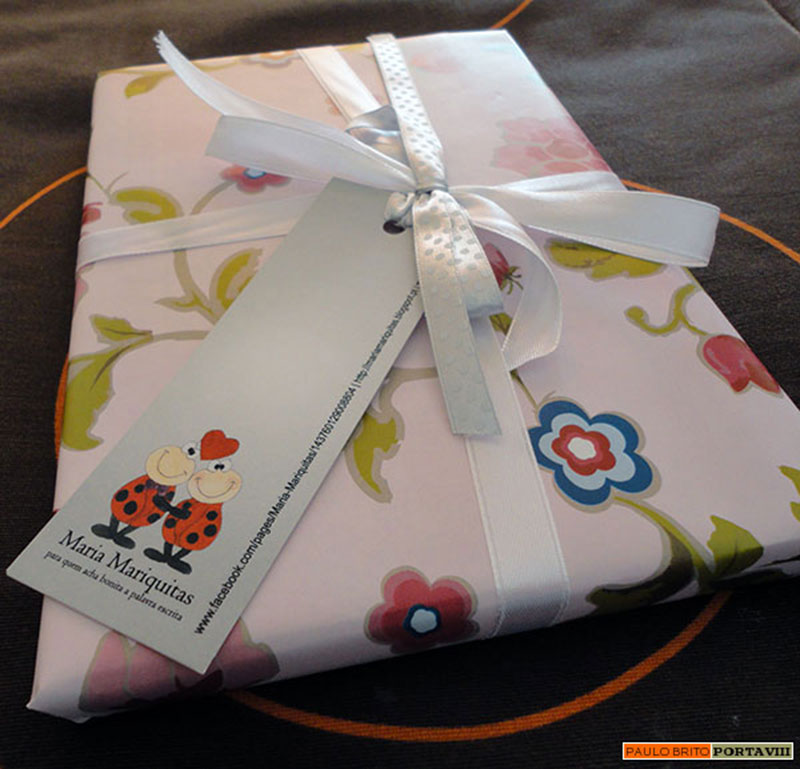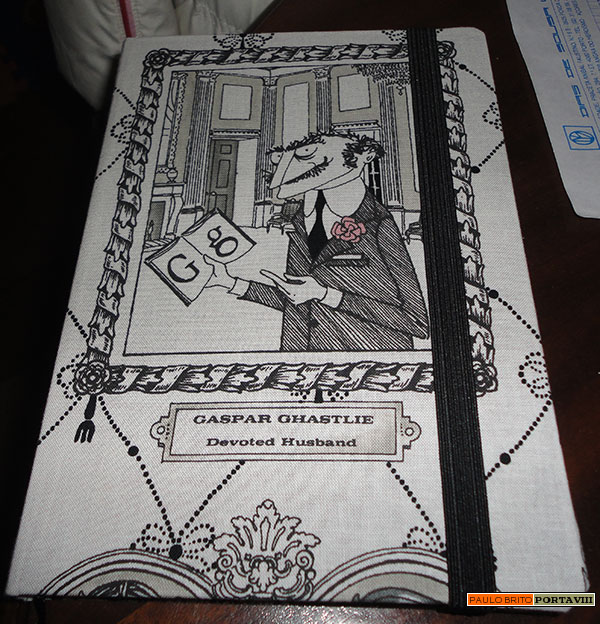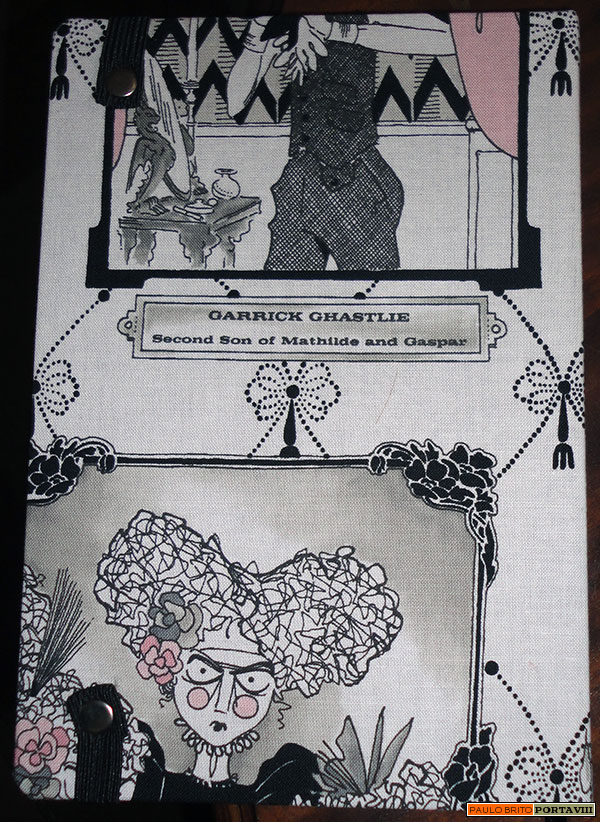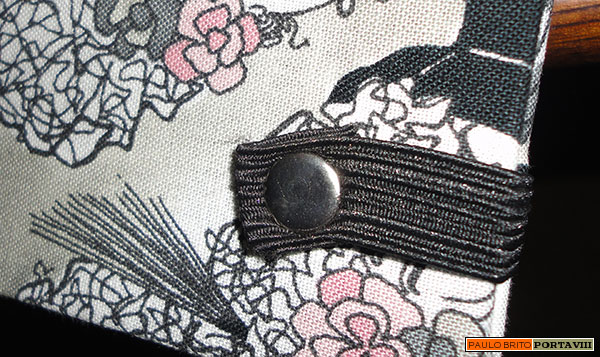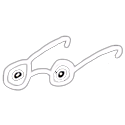1. Do you have a specific writing style?
I do, I think. At least I hope so.
For me the cultivation of a unique, authentic voice ought to be any writer’s foremost concern, and the truth is I spent many years working to develop a style of my own. Only with Revenants did I come to feel as though I had accomplished this, if only in part, and even now style continues to be something of an obsession to the extent that I have come to value authenticity of voice and spontaneity of expression over mere craftsmanship.
Regrettably, it has become something of a truism among writers and writing programs that “writing for one’s self” is an essentially self-indulgent activity — a shame, really, because the reality is that none of us are going to be read or remembered in, say, 500 years’ time, so you may as well do your best to be true to your own style rather than writing to please others or (Heaven help us!) writing for the market.
Even as a reader, I find that I would much rather read a book that is stylistically distinct but flawed — singular if also imperfect — than another that is well-crafted but essentially workmanlike. I’m reminded of the dismissals we regularly encounter of HP Lovecraft’s style. There are many writers out there who would have us believe HPL is a poor writer simply because his work doesn’t “tick the boxes,” as it were, with regard to plotting, adjective/adverb use, character building, etc. I see these arguments and I think to myself: yes, but surely that’s the point? You pick up a Lovecraft story to read and you are never once in doubt about its author — the unity of style, voice, and vision is so distinctive, so complete.
Another example can be found in the novels of Walter M. Miller, JR. His first novel – A Canticle for Leibowitz – is an undisputed masterpiece while his second – Saint Leibowitz and the Wild Horse Woman – was left unfinished at the time of his suicide. Saint Leibowitz was later finished by Terry Bisson and released after Miller’s death to a very muted reception indeed. Certainly Saint Leibowitz is a tortured work, one that is deeply flawed in execution, but as such, it somehow seems to contain more of Miller himself, his distinct vision of sin, grace, and redemption.
And though Canticle is unquestionably the “better” book, I have read it only once while I reread Saint Leibowitz every 3-4 years.
2. What books have most influenced your life?
Like most other readers, I have a cherished handful of books which I continually read and reread, which have become so deeply enmeshed within the fabric of my life that I would be hard pressed to qualify their influence on me in any meaningful way. Suffice it to say that I have lived in the cold snow country of Yasunari Kawabata’s novel of the same name and likewise experienced the oppressive summer heat of LP Hartley’s The Go-Between. I have witnessed the hypocrisy of Victorian society as evidenced by Samuel Butler’s The Way of All Flesh and lay awake listening for the dead voices that haunt Juan Rulfo’s Pedro Paramo. And that’s not to mention the weeks and months I have devoted to unraveling the riddles of Charles Palliser’s The Quincunx and Rustication.
Other books that have influenced me would include Par Lagerkvist’s Barabbas, Hesse’s Demian, Miller’s Saint Leibowitz and the Wild Horse Woman, Breece D’J Pancake’s The Stories of Breece D’J Pancake, Pinckney Benedict’s Dogs of God, and Isak Dinesen’s Seven Gothic Tales.
3. If you had to choose, which writer would you consider a mentor?
Lovecraft again springs to mind. Here was a man who wrote what he wanted in the way he wanted and who devoted his entire life to his art though it meant an existence characterized by near-constant poverty. Unlike Dickinson or Kafka — who might also be said to embody this artistic ideal — HPL was a man who had fallen behind his own time rather than leap out ahead of it ala Dickinson or embody it fully ala Kafka.
For this reason I cannot help but relate to the sense of poignant dislocation which so pervades his work, that yearning for a different time. Yes, his opinions on race (among other topics) are abhorrent but he was by almost all accounts a gentleman of great personal kindness, courtesy, integrity, who served as mentor to a generation of young weird/ horror writers. In many ways he was broken — it would be difficult to argue otherwise — but I’m broken too, as are we all, and for me, it is this sense of brokenness as we encounter it in his work that keeps me coming back to him.
4. What are your current projects?
I spent much of 2013 and 2014 working on a new Gothic novel addressing the American Spiritualist movement in the wake of the American Civil War. In addition to this I have continued to work on short stories, a number of which are forthcoming later this year in such venues as Aickman’s Heirs (ed. Simon Strantzas), Autumn Cthulhu (ed. Mike Davis), Leaves of a Necronomicon (ed. Joseph S. Pulver, Sr) and Nightscript I (ed. C.M. Muller).
5. How much research do you do?
A bit of a difficult question. I’ve mentioned my own feelings of dislocation and general disaffection with modern society — “I just wasn’t made for these times” as Brian Wilson has it — and the sad fact is that I spend altogether too much time fetishizing the past, whether that’s devouring Victorian novels or old religious tracts or haunting the historic houses and graveyards of Vermont. In other words: the research is always ongoing if only for the simple reason that I don’t think of it as “research.”
For example I’ve lately become obsessed with the lives of Horatio Spafford and Philip Bliss, who wrote the words and music, respectively, to the well-known 19th century hymn “It is Well with my Soul.” Spafford was moved to write the words following the loss of his four daughters in the wreck of The Ville de Havre — one of the great calamities of its day — and Bliss later supplied the music mere months before his own tragic death in the Ashtabula River Rail Disaster. Will I ever do anything with this? Probably not. All the same it is fascinating.
6. Do you write full-time or part-time?
Part-time.
7. Where do your ideas come from?
I believe in genuine inspiration — or “the muse” as it’s traditionally understood — but I tend to see it as an ongoing process rather than any kind of epiphany. Routine is important. During the course of each day I try to make time for the things that fascinate and move me. This could mean a walk in the woods or an undistracted hour spent listening to music or even just twenty minutes of stolen reading time on my daily commute to work. In this way I try to make a habit of beauty in all things so that I’m charged with inspiration when I sit down to work. I don’t always succeed at this, of course, and Lord knows I’m as bad as anyone else at making time for writing, but this way at least I don’t have to worry about feeling inspired.
8. How can readers discover more about you and you work?
You can find me online at http://www.daniel-mills.net where I maintain a bibliography and blog or find me in the usual places: Facebook, Goodreads, etc. If you happen to live in the USA, there’s a good chance you can find my novel Revenants at your local library. Similarly you can try to track me down in person at Readercon or this year’s Necronomicon in Providence, RI.
